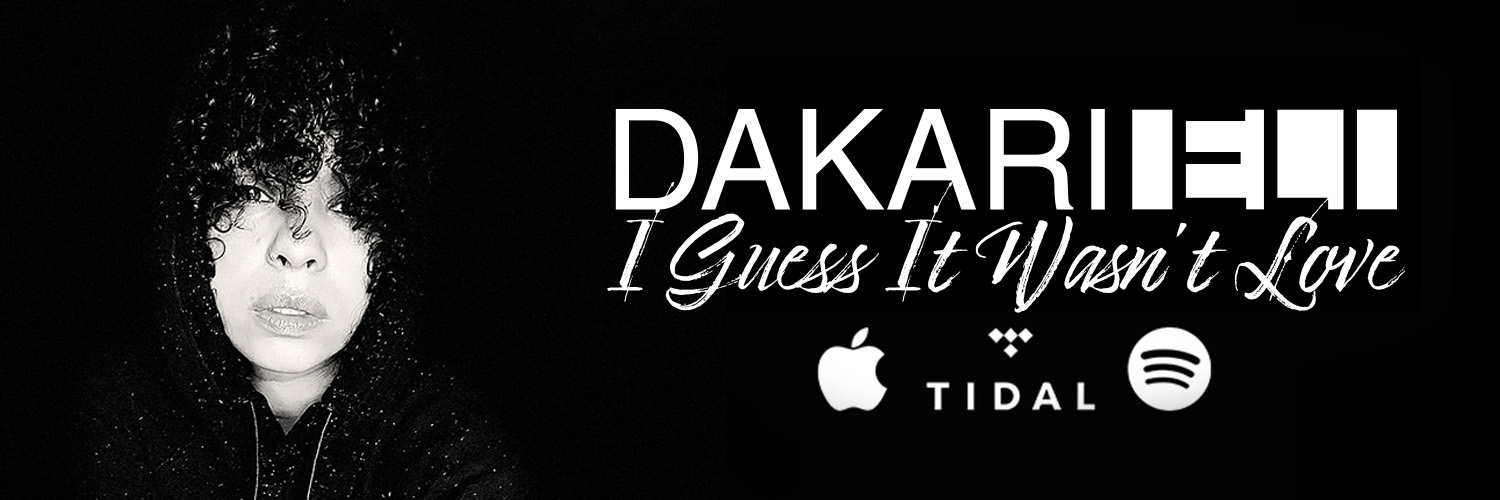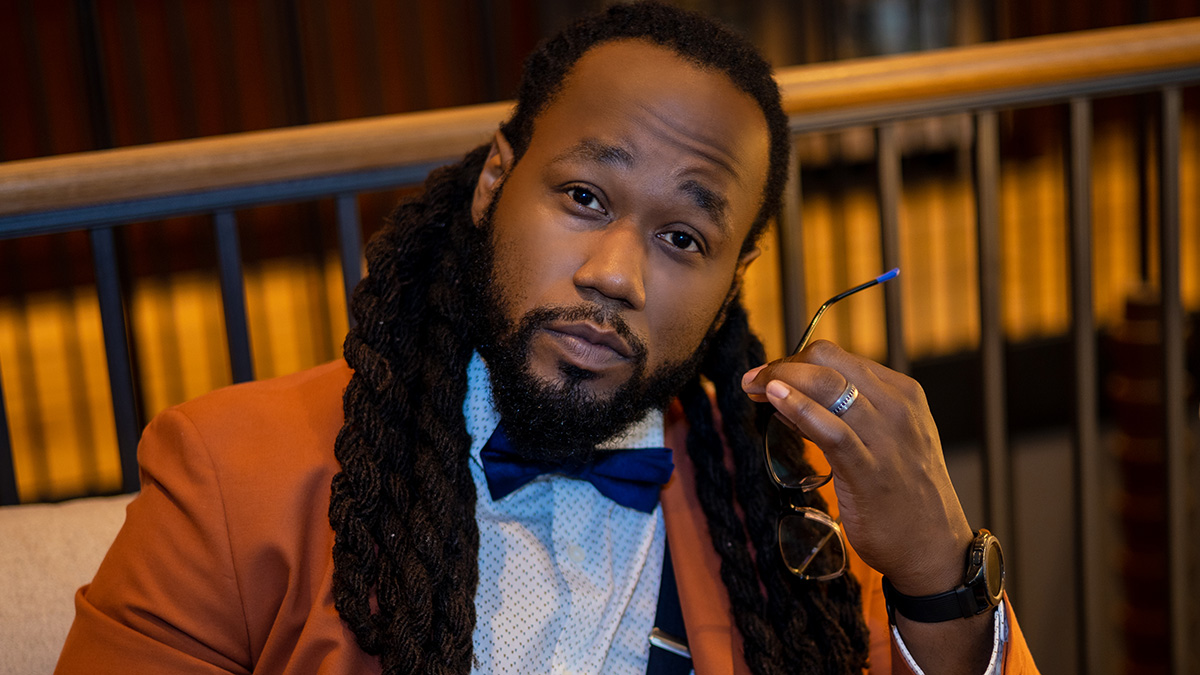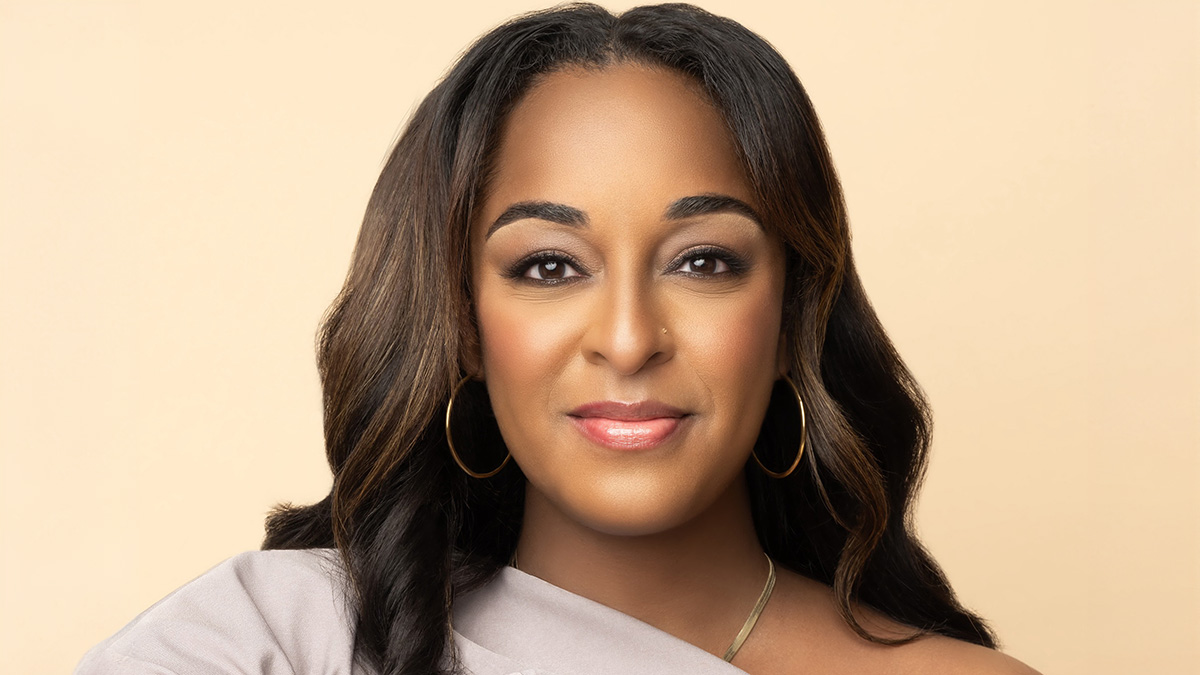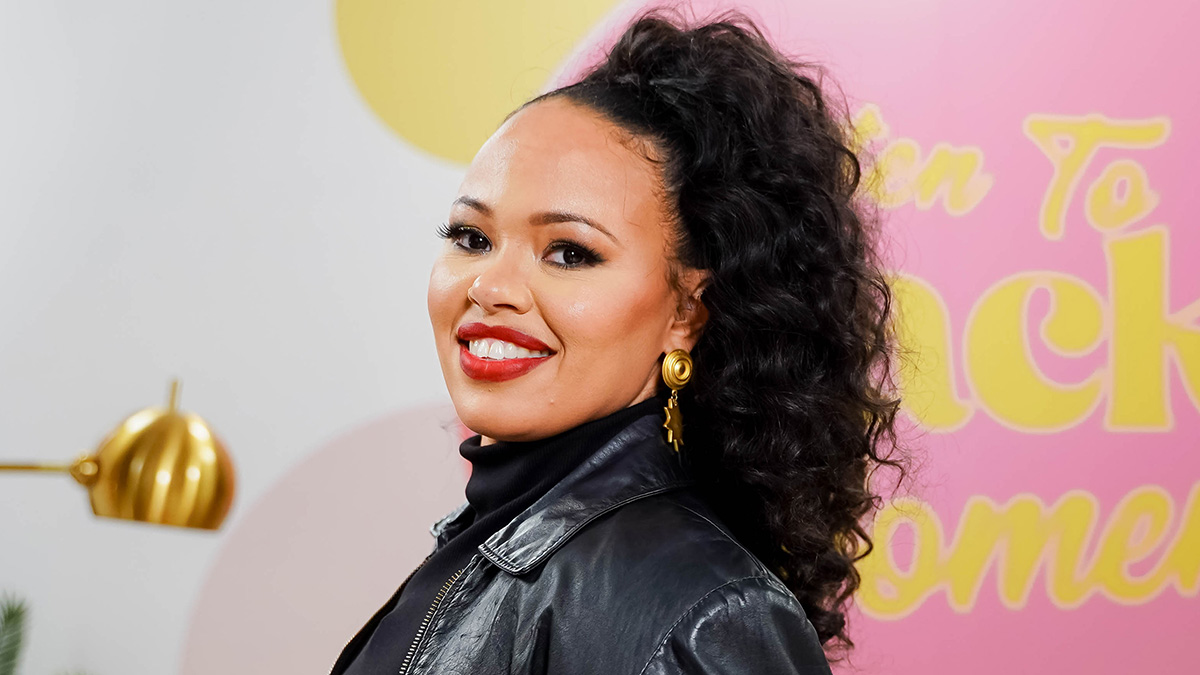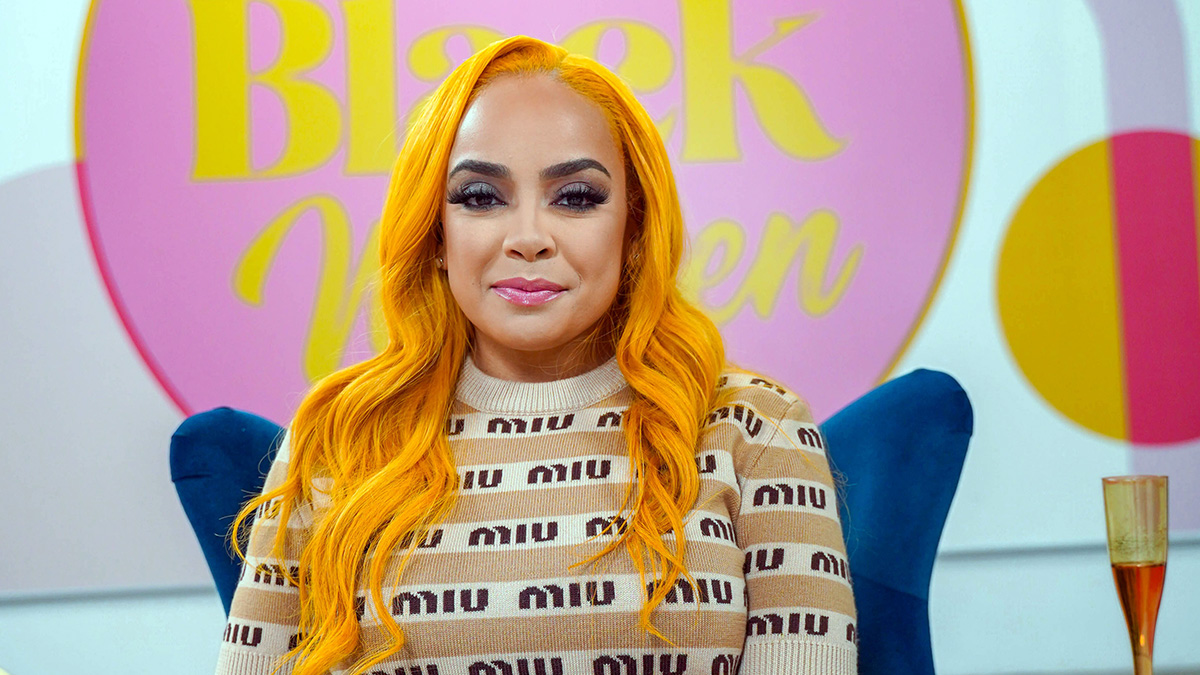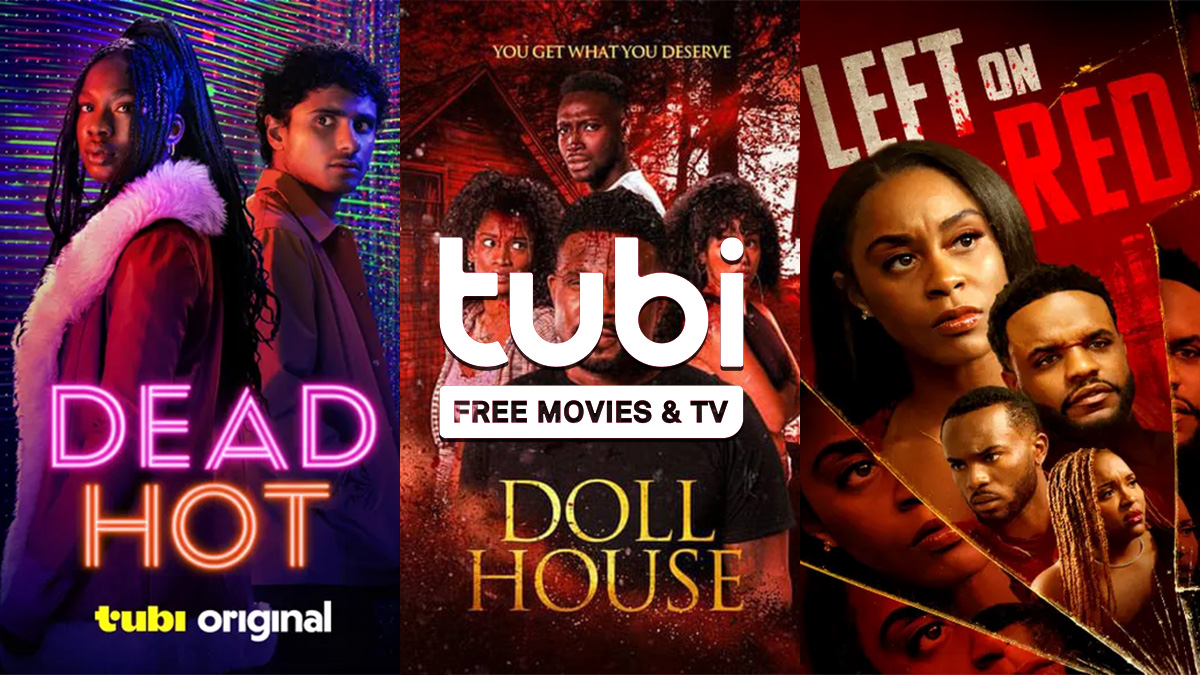Alphonso Nathan is a black male therapist, author, and vice president of Brightside Counseling and Psychiatric Private Practices in the Philadelphia area who speaks on Black trauma and healing.
There’s an argument that people of all cultures suffer from some form of trauma, what sets Black trauma apart beyond race?
I feel that Black Trauma is multifaceted. This type of trauma has been passed down from generation to generation. This is the trauma that everyone expects from Black and brown people. Our trauma has been engineered and woven in the system that Black people still live in America. This trauma seems to never get any adequate resolution from our system and the trust from black and brown people on the system really changing continues to be wary.
How do you define cultural appropriation? How does it differ from being inspired by other cultures?
I believe cultural appropriation happens when an individual fails to give homage to the inspiration and tries to make the idea as their own. When you do not acknowledge an obvious inspiration, that is when individuals get offended. It is a disservice to the originator and can risk the originator being forgotten by the new material. An example of this is the “White Washing” of the “Lone Ranger”. In the movies, the Lone Ranger was a white man, but the person that the character was depicted from was a black man named “Bass Reeves”. Because of the homage not being given, Bass Reeves was forgotten, and now the original Lone Ranger looks like it started from a White Man. Give Homage and the title of appropriation will not be given.
As a renown speaker on mental health, why has the topic been taboo within the Black community?
I feel that the topic of mental health has been Taboo for so long is because of the generations of Trauma being swept under the rug, and individuals wanting to just “Forget About it” so it doesn’t have to bring up traumatic memories. Also for a long time, the church was the main place for black people to deal with our problems, so many communities feel we just need to “Pray it out”.
What would you say is the biggest misunderstanding regarding mental health?
I feel that the biggest misunderstanding is that you have to be “Crazy” in order to seek out mental health therapy. People feel that you have to be in the mental ward in order for treatment to be needed. Also the idea of mental health treatment being a “White People Thing” has stunted the emotional growth of our people.
Tell us your thoughts on the best way to encourage a friend to seek therapy.
I feel that the best way for an individual to encourage a friend to go to therapy is to try therapy themselves and let their friend know their experience with their journey with therapy. Let that friend know that its not a taboo thing or a service for just crazy people. Maybe even booking a session together.
Do you believe that Black therapists are better equipped to provide care for Black people?
I do feel that a quality black therapist would be much more equipped to provide care for Black people. Representation is very important. This allows clients to gain a rapport much quicker and stronger because they feel as if they wouldnt have to explain some experiences that black people go through and the therapist would understand where they are coming from. It is not a deal breaker if you cannot find a therapist of color, as there are many quality therapist of all colors out there.
How should someone determine if a therapist is right for them?
I feel that you know that you have the right therapist when the conversation feels natural. The client feels comfortable talking to the therapist. The client also feels confident that the therapist is knowledgeable in the area of concern and that the therapist can help them. When the client leaves the session informed, or satisfied, that is another determinant.
Be’n Original

